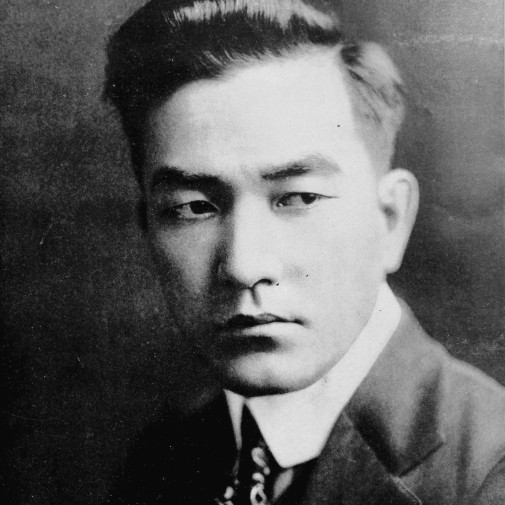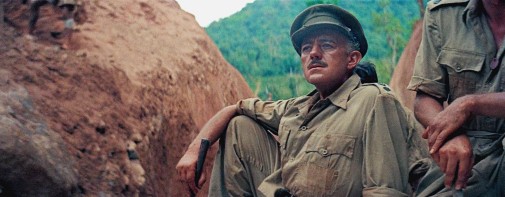Sessue Hayakawa: From sex symbol to Oscar nominee
 Saturday, July 11, 2020 at 11:00PM
Saturday, July 11, 2020 at 11:00PM We've been celebrating 1957 for a couple of weeks. Here's one more from Cláudio Alves

In 1957, Miyoshi Umeki became the first and only Asian woman to win an acting Oscar. However, the Best Supporting Actress champion wasn't the only Japanese performer to score an Academy Award nomination that year. Sessue Hayakawa, who played the ruthless Colonel Saito in the Best Picture winner The Bridge on the River Kwai, became the first male actor of Japanese descent to be nominated by the Academy. Unlike Umeki, who had less than a decade of experience in show business by the time she achieved Oscar glory, Hayakawa had a long history with Tinsel Town. Many decades before his nomination, when the American film industry was creating itself and Silent Cinema was entertainment for the masses, Sessue Hayakawa had been one of the first sex symbols…



